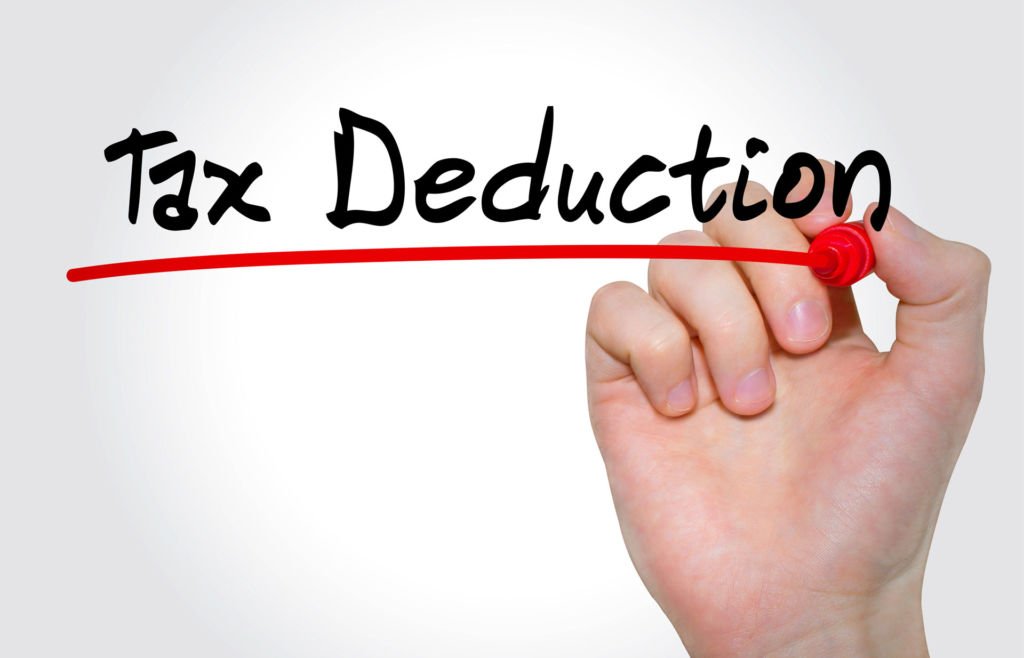In previous articles we talked about how you can qualify for the solar tax credit. What is included in the cost of the solar tax credit? How does working with Solaron help you receive the maximum tax benefits?
The solar tax credit is designed to offset the costs of installing a solar electricity system. It’s an incentive for homeowners and businesses that helps both consumers and the solar industry to benefit from the advantages and growth of photovoltaic technology. Therefore, almost all aspects of a solar electricity installation are included, such as the:
- Cost of the solar panels;
- Cost of the associated hardware and wiring;
- Cost of the equipment needed to connect your home electricity system to the solar panels safely and effectively;
- Cost of the consultation, installation, labor, permits, and any installation fees.
Basically, if the cost is directly related to installing your solar electric panels, then it is included in the solar tax credit. Since Solaron is a full-service solar panel installer, you get all of these services included on one bill, making tax time that much easier!
What About a Home Battery?
Home batteries are very useful, especially as peak demand rate charges become more common with the utility companies. Batteries collect solar power during the day, when many people are not even at home, and then make it available for the household at night, when rates may be higher and the sun is down. Although a battery may also be connected to the grid and charge itself from the grid (usually via hardware and software that does so at the cheapest possible time period), to be a part of a residential federal tax credit, the battery must be charged only by the solar panels, not by the utility company.
The good news is that if you have a solar panel array, and even if you already received the tax credit, you can add or retrofit a battery to your solar electricity system and receive the tax credit for the battery. Again, the battery can only be connected to the solar panels, not the utility power grid, but this is an additional money saving option.
There are other incentives for installing a home battery in the state of California. Called the Self-Generation Incentive Program, or SGIP, we will talk more about this opportunity for homeowners and businesses in a future article.
Meanwhile, contact Solaron for more information about the solar tax credit, home batteries, SGIP, and installing your own solar electricity. And since we are solar system installers and not tax consultants, consult with a professional tax advisor to confirm advice about the solar tax credit before making any decisions.

